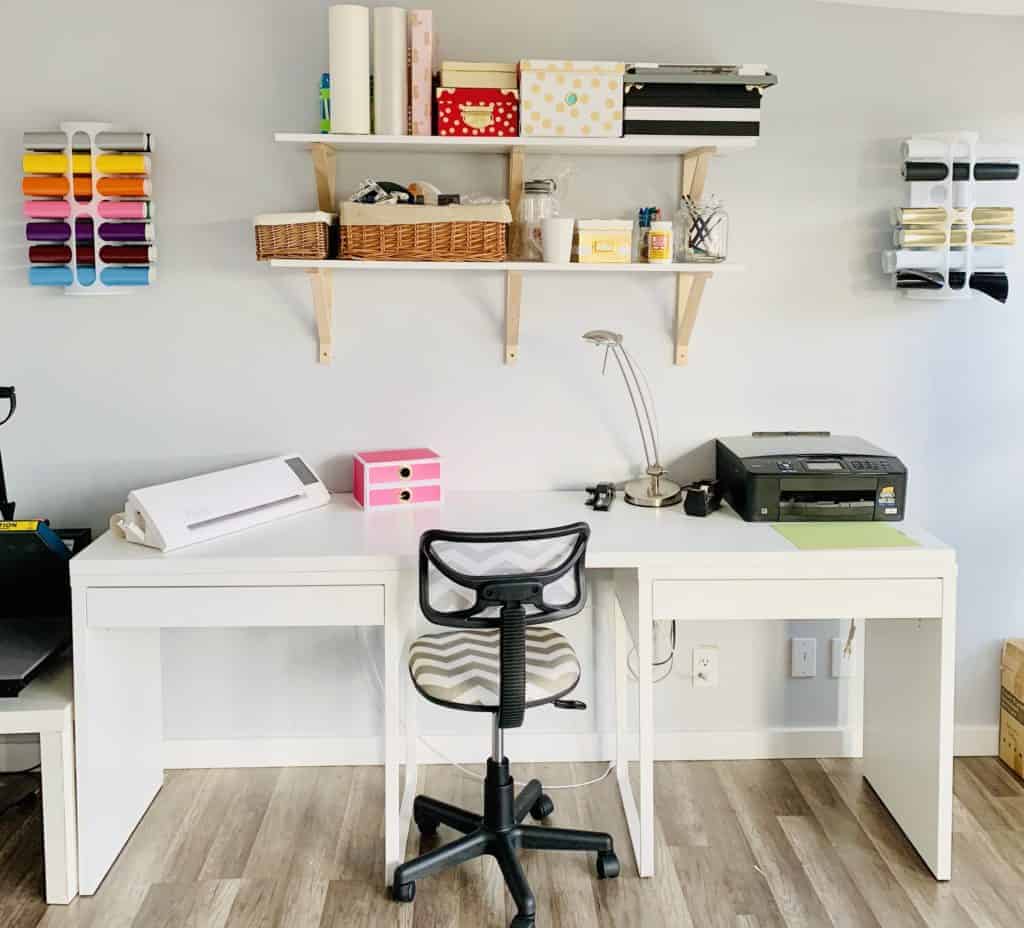When it comes to home appliances, we use them daily—often without a second thought. But just like cars, our appliances need regular care to function efficiently and last longer.
Ignoring regular maintenance can lead to higher energy bills, breakdowns, and unexpected costs. But worry not, we’re here to guide you.
Here are seven essential tips to keep your appliances in top shape and help you get the most out of them.
Keep on reading!
1. Regular Cleaning for Optimal Performance
Dust, dirt, and grime can build up in and around your appliances, affecting their performance. For instance, a dirty refrigerator coil has to work harder to keep things cool, which consumes more energy. Clean surfaces, filters, and coils regularly to avoid unnecessary strain on your appliances.
- Refrigerator Coils: Vacuum the coils at the back or underneath your fridge every six months.
- Air Filters: Clean or replace the filters in your air conditioner, dryer, and vacuum cleaner regularly to keep them running smoothly.
- Microwave and Oven: Wipe down the inside of your microwave and clean your oven racks to avoid burnt smells and smoke.
2. Avoid Overloading Your Appliances
Each appliance has a maximum capacity, and overloading it can put strain on its motor and parts, leading to faster wear and tear. This is particularly true for dishwashers, washing machines, and dryers. Stick to the manufacturer’s recommended load size.
- Washing Machine and Dryer: Overloading not only leads to inefficient cleaning and drying but also damages the drum and motor.
- Dishwasher: Putting extra dishes into the dishwasher can interfere with the spray arm’s rotation, leading to poorly cleaned dishes and increased strain on internal components. Overloading places pressure on small but essential parts like ball bearings in the spray arms, which can wear out faster if they’re forced to work against heavy loads or blocked by items in the dishwasher.
3. Use the Right Settings
Appliances often come with different settings and homeowners must know how to use them and when. Using the correct setting for each job not only improves performance but also helps increase the life of the appliance.
- Dishwasher: Use the eco-mode for lightly soiled dishes, and avoid using high-heat settings unnecessarily.
- Washing Machine: Choose the right cycle based on fabric type and soil level to avoid strain on the motor.
- Oven: Avoid preheating if it’s unnecessary, and use convection settings to save energy when appropriate.
4. Inspect and Replace Worn Parts
Regularly inspecting your appliances for signs of wear and tear can prevent small issues from becoming costly repairs. Replace any worn-out parts immediately.
- Refrigerator Door Seal: Check for gaps or tears that could allow cool air to escape, making the refrigerator work harder.
- Dishwasher and Washing Machine Seals: Look for leaks around the door seal, which could lead to water damage if ignored.
- Hoses: Inspect washing machine hoses for cracks, and replace them if you notice wear.
5. Keep the Temperature in Check
Many appliances, like refrigerators, air conditioners, and water heaters, operate more efficiently when they are set to the right temperature.
- Refrigerator and Freezer: Keep your fridge at 37-40°F and freezer at 0°F to save energy while keeping food fresh.
- Water Heater: Setting your water heater to 120°F reduces energy costs without compromising comfort.
- Oven and Stovetop: Avoid high heat unless necessary. Cooking at a moderate temperature can prevent overheating and improve energy efficiency.
6. Unplug When Not in Use
Even when not in use, many appliances continue to consume a small amount of electricity if they’re plugged in. Unplugging unused appliances helps reduce your electricity bill and extends the life of each device.
- Kitchen Appliances: Small appliances like toasters, coffee makers, and blenders can be unplugged when not in use.
- Electronics: Devices such as televisions, gaming consoles, and computers can also be unplugged or connected to a power strip that you can easily turn off.
- Chargers: Unplug phone chargers and other adapters, as they continue to draw power even when not in use.
7. Schedule Professional Maintenance
Some maintenance tasks require a professional touch to ensure that your appliances are functioning efficiently and safely. A professional tune-up can catch potential problems early and keep everything running smoothly.
- HVAC Systems: Annual servicing is essential to keep your air conditioning and heating systems working at peak efficiency.
- Refrigerator and Freezer: A technician can check the compressor, evaporator, and other parts to ensure they’re functioning properly.
- Washer and Dryer: Regular checks can prevent lint buildup in your dryer and catch potential leaks in your washing machine.
Wrapping It All Up
Taking care of your appliances doesn’t have to be overwhelming. By following these seven tips, you can keep them running efficiently, save on energy costs, and avoid the inconvenience of unexpected breakdowns.
Regular cleaning, mindful usage, and occasional professional help go a long way in extending the life of your appliances and maximizing their performance.





